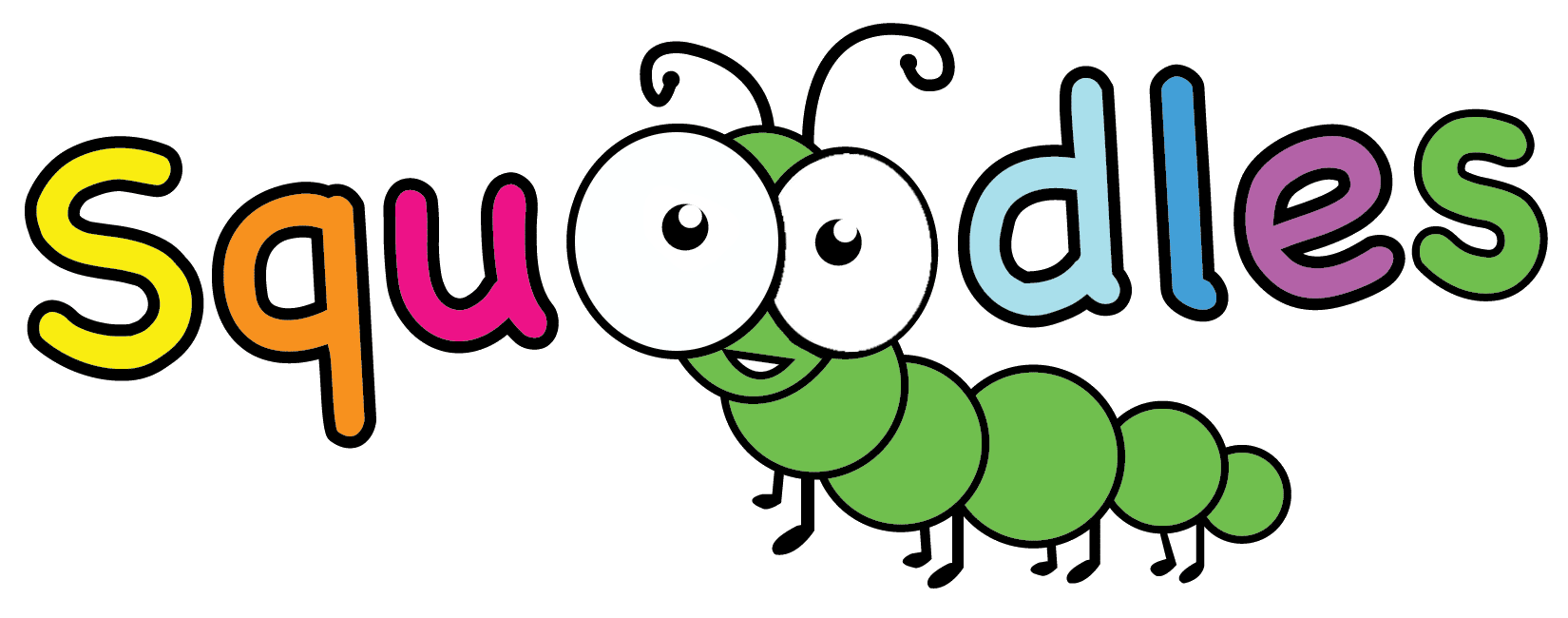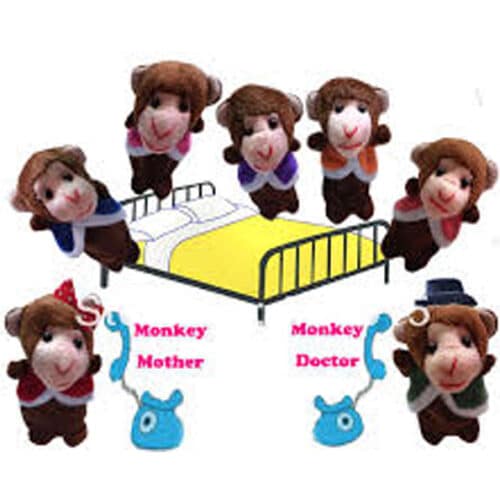Little Boy Blue Finger Puppets (set of 7)
$16.00
Each set of seven consists of Little Boy Blue, the farmhouse, two cows and three sheep .
4 in stock
Free NZ shipping on orders over $99!
Description
Little Boy Blue Finger Puppets
Have fun learning a classic nursery rhyme with our Little Boy Blue Finger Puppets.
Nursery Rhyme:
Little Boy Blue come blow your horn
The sheep’s in the meadow, the cow’s in the corn
But where is the boy who looks after the sheep
He’s under a haycock fast asleep
Each set of seven consists of Little Boy Blue, the farmhouse, two cows and three sheep .
Each character has little hands and feet and measures approx 4.5 x 4.5 x 7cm (L x W x H).
The detail is excellent, with them being made of plush material, the head is stuffed, and has embroidered features and little beads for their eyes.
There is also a little piece of elastic inside to hold the puppet securely on their fingers.
COMMUNICATION AND SOCIAL SKILLS
Hand & Finger Puppets are an ideal springboard for developing speaking and listening skills.
Children often communicate more easily with puppets, giving them confidence to express their ideas and feelings.
Shy children can become acquainted with others through the roles they take on.
Children are free to try on new personalities and take them off again, with a puppet on their hand, broadening their own in the process.
Scary animal hand and finger puppets like lions and sharks or shy ones such as a tortoise can help children master uncomfortable feelings.
Puppet play provides an opportunity to gain some control over their world by working out fears and frustrations.
CREATIVE SKILLS
Hand and Finger Puppet play helps young children develop creative skills by forcing them to use their imaginations. They make up the roles, the rules, the situations and the solutions.
It is through imaginative play that children come to understand the differences between fantasy and reality.
The real world becomes more real to children who have opportunities to pretend.







